Buying your first home is exciting, but understanding mortgage rates can be overwhelming. Mortgage rates affect your monthly payments and how much you pay over time. Knowing how they work helps you make smarter choices and save money.
This blog breaks down the mortgage rates basics in simple terms. You’ll learn what influences mortgage rates, how to find the best deal, and tips to secure a loan that fits your budget. Whether you’re just starting or ready to buy, these first-time homebuyer mortgage tips will give you confidence.
Let’s make your dream home a reality without the stress.
What Are Mortgage Rates?
A mortgage rate is the interest you pay on your home loan. It’s like a fee for borrowing money. There are two main types:
- Fixed-rate mortgage: It remains the same for the entire loan. Suitable for long-term stability.
- Adjustable-rate mortgage (ARM): Changes over time. Starts lower but can increase later.
What Affects Mortgage Rates?
Many things influence rates, including:
- Your credit score: Higher scores get better rates.
- The economy: Strong economies often mean higher rates.
- Loan term: Shorter loans (15 years) usually have lower rates than longer ones (30 years).
How Are Mortgage Rates Set?
Lenders don’t just pick random numbers. They look at:
The Economy
- Inflation: When prices rise, rates often go up.
- Job market: More jobs mean more homebuyers, pushing higher rates.
The Federal Reserve
The Federal doesn’t set mortgage rates, but its policies affect them. When the Federal raises interest rates, mortgages often get more expensive.
Your Personal Finances
- Credit score: The better your credit score, the lower your rate.
- Down payment: Bigger down payments can mean better rates.
- Debt-to-income ratio (DTI): Less debt = better rates.
How to Compare Mortgage Rates?
Don’t just take the first offer! Follow these steps:
Shop Around
Get quotes from at least three lenders. Banks, credit unions, and online lenders all have different rates.
Look Beyond the Rate
- APR (Annual Percentage Rate): Includes fees, so it’s a better comparison.
- Closing costs: Some lenders charge more upfront.
Lock Your Rate
Rates change daily. If you find a good one, ask to lock it in so it doesn’t go up before closing.
Tips to Get the Best Mortgage Rate
Want the lowest rate possible? Try these first-time homebuyer mortgage tips:
Boost Your Credit Score
- Pay bills on time.
- Keep credit card balances low.
- Avoid opening new credit accounts before applying.
Save for a Bigger Down Payment
- Putting 20% down can lower your rate.
- Even an extra 5% helps.
Choose the Right Loan Term
- 15-year loans have lower rates but higher payments.
- 30-year loans cost more in interest but have smaller monthly payments.
Apply at the Right Time
Rates change with the market. Sometimes, waiting a few weeks can save you money.
Common Mortgage Mistakes to Avoid
Not Reading the Fine Print
Some loans have hidden fees or penalties. Always ask questions.
Only Looking at the Monthly Payment
A low payment might mean a longer loan, costing you more in the long run.
Skipping Pre-Approval
Getting pre-approved helps you know your budget and shows sellers you’re serious.
Final Thoughts
Understanding mortgage rates is a key for making smart decisions on your journey to homeownership. By learning how rates work, comparing lenders, and improving your financial profile, you’ll be in a stronger position to get a loan that fits your lifestyle and budget. Avoiding common pitfalls and staying informed gives you the confidence to move forward without unnecessary stress.
Ready to take the next step?
At Diverse Mortgage Group, we make mortgages simple. Our experts specialize in helping first-time homebuyers like you find the best mortgage rates without the stress.
Your first home is closer than you think; let’s make it happen together!
FAQs
Why do mortgage rates change so often?
Mortgage rates move with the economy, like gas prices. If inflation rises or the job market strengthens, rates usually increase. Lenders also adjust rates daily based on demand.
What’s a reasonable mortgage rate for a first-time buyer?
A “good” rate depends on your credit score and the market. What’s more, rates near the national average (check current rates) are decent. The better your credit, the lower your rate!
Should I choose a fixed or adjustable-rate mortgage?
- Fixed-rate: Same payment forever (great if you’re staying long-term).
- Adjustable rate (ARM): Starts lower but can increase later (riskier but good for some buyers).
How much does my credit score really matter?
Yes, even a 50-point difference can save (or cost) you thousands over your loan. Pay bills on time and keep credit card balances low to boost your score.
Can I negotiate my mortgage rate?
Yes! Lenders don’t always offer their best rate upfront. Shop around, compare offers, and ask if they can beat another lender’s deal.


